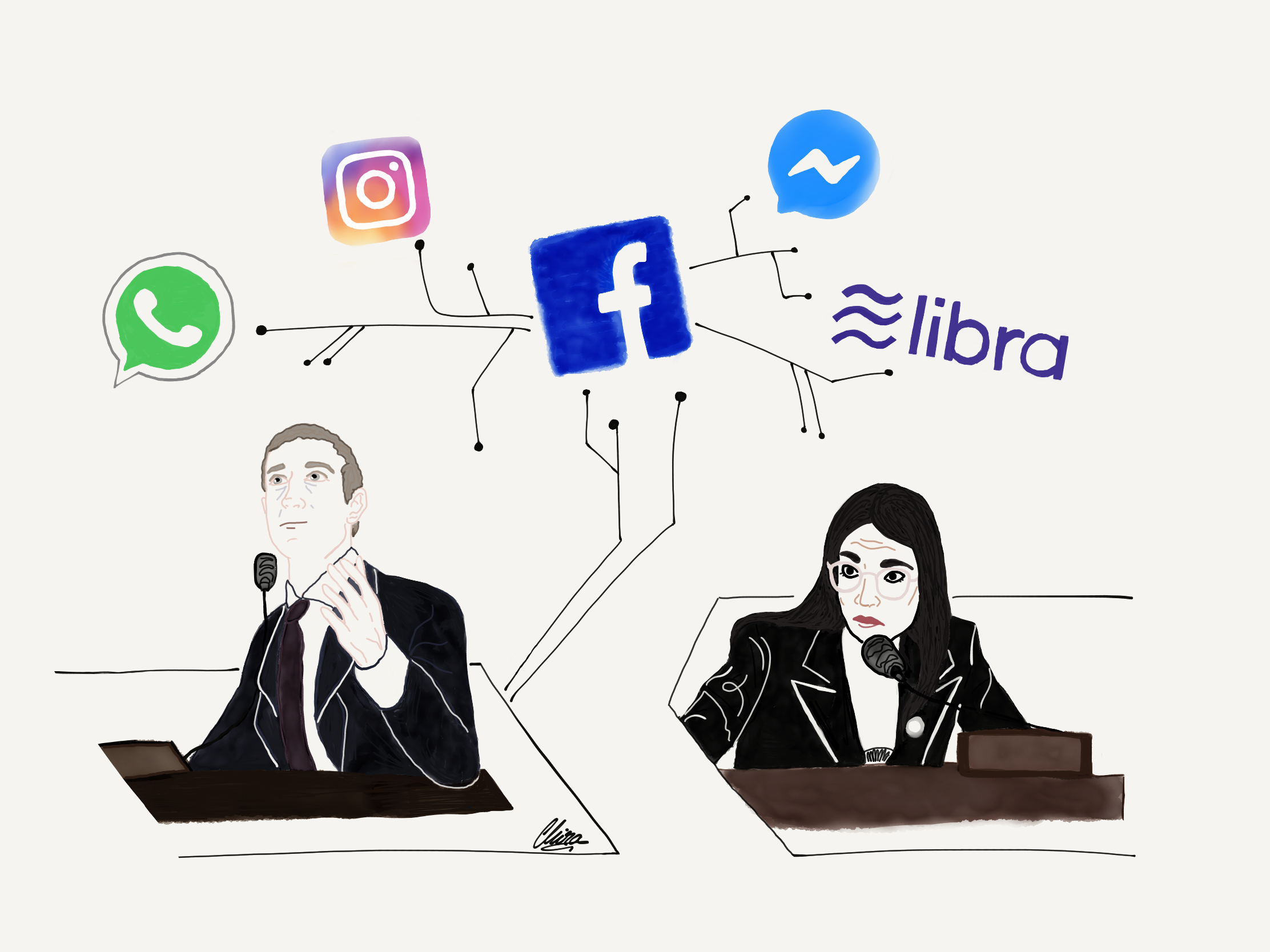By Lea Schiller
When Facebook-Founder Mark Zuckerberg appeared on Capitol Hill to be questioned by Congress for the first time in April 2018, the event made worldwide headlines. What was, however, the reoccurring topic, was not the massive data leak that had prompted Zuckerberg’s questioning in the first place but rather the questions themselves.
The hearing was supposed to bring clarity into the delicate situation of millions of Facebook users after their data had been leaked to the consulting firm Cambridge Analytica. And while there certainly was consensus among the senators that there was a need for action, their questions left many to wonder what problems they were trying to solve. From Senator Brian Schatz of Hawaii wondering if Facebook could read the “E-Mails” he sends via WhatsApp, to John Kennedy from Louisiana, who was more preoccupied with clarifying whether Facebook had the ability to share his data than if the company even had the right to do it – there seemed to be a lack of basic understanding of how Facebook works.
Many were quick to point out that these senators weren’t exactly digital natives; the age of the policymakers attending the hearing averaged at around 60. And while it is common for senators to rely on their supporting staff for topics they don’t have special expertise in, in this case the confusion on the subject matter led to a hearing that produced no clear solution to the problem.
Now, over a year later, Facebook has yet again acquired unfortunate media attention, after its pitch for their new cryptocurrency Libra was overshadowed by news of untruthful political ads circulating the website. The following congressional hearing was less concerned with the actual matter at hand – whether or not to allow Facebook to go on with its cryptocurrency project – and more focused on the issue of not fact-checking political ads and therefore allowing them to knowingly spread lies. What made the papers was – again – not the substance of Zuckerberg’s hearing. But this time, the focus was on representative Alexandria Ocasio-Cortez, who was praised for her precise questions that directly challenged Zuckerberg.
And while she did stand out during the questioning, there was little inquiry on why that is the case. Essentially, she merely did her job: putting Zuckerberg on the defensive and demanding clarity instead of the evasive answers he had given during his first hearing.
When putting her interrogation in contrast with those of many of her fellow representatives, there is a glaring disparity that demands action. At this point in time, tech companies like Facebook and Google hold an immense amount of power over us, and Senators who spend their time during hearings asking questions that have little to do with the actual problem, actively give away a chance to make sure these firms do not deny their responsibility.
If we want our policies to keep up with the rapid evolvement of technology, we have to make sure that our representatives do too.
Edited by Sasha Zinchenco
Artwork by Chira Tudoran

